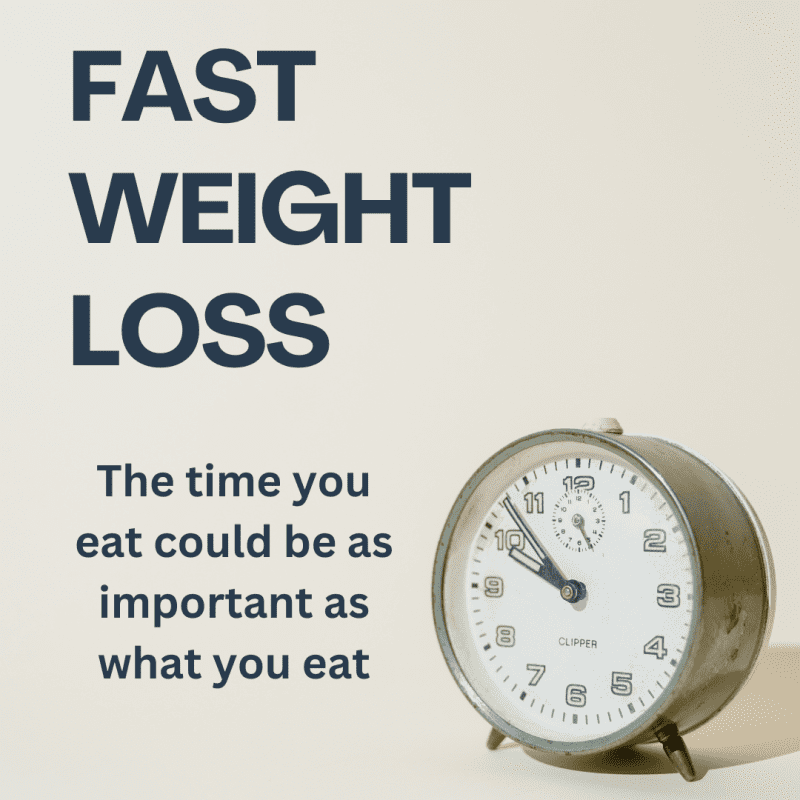Breakfast like a king, lunch like a prince and dinner like a pauper?
In recent years, researchers have asked if the timing of meals affects health. Observational research has shown a link between irregular meal patterns, skipping breakfast, and eating late at night with a higher risk of fatty liver and related metabolic conditions (e.g. diabetes, high cholesterol etc). New evidence suggests that adjusting the time that you eat may have big benefits for your metabolic health (Lihu, 2022). This blog looks at the research on how meal timing, such as intermittent fasting and time-restricted eating (TRE) affects fatty liver, weight, and overall health.
Are there benefits to intermittent fasting?
There appears to be more books on intermittent fasting than there has been actual research, which makes it hard to recommend it to clients over any other eating pattern. This view has been confirmed somewhat by recent research that shows intermittent fasting can help people lose more than 5% of their body weight, reduce fat in the liver and bring down cholesterol (Marjot, 2023). But maintaining a healthy eating pattern that meets your body’s nutrient needs is likely to have the same impact. But for those who like the idea of intermittent fasting because it suits their lifestyle, this may be a suitable option to try. Keep in mind that there is little benefit if you can’t sustain it. Often, there is a novelty factor in the beginning of trying a different way of eating but if it feels too restrictive, you might find the novelty wears off quickly.
Time-Restricted Eating (TRE) and how It can help with weight:
Time-restricted eating (TRE) is when you eat all your daily calories within a small number of hours in the day ( for example the 16:8 diet). Evidence shows that when you have a shorter eating window, just like intermittent fasting, people see a similar amount of weight loss and health improvements as if they had cut down their energy intake and portions. So It seems that for weight loss, it doesn’t matter if you use intermittent fasting, time-restricted eating or simply reducing your calories or portion sizes – they all work if you can stick to them.
Should you eat breakfast?
In a nutshell – yes. The time of day that you fast or stop eating may be one of the key ways to get the most out of your diet. Research shows that eating in the early part of the day can help with fullness and satisfaction later in the day (Ruddick-Collins, 2022). Also having a breakfast that contains a good amount of carbs and protein, was shown in research to lead to weight loss and continued to lose weight even after they stopped the prescribed diet. This was due to the participants experiencing a smaller appetite over the day (which continued after the diet stopped) which enabled them to continue to eat less (Jakubowicz, 2012). This could be important if you want to prevent weight regain (or weight cycling).
Take-home message:
You can see there is a fair bit of choice and flexibility in the types of fasting diets out there. Pick whatever time mix you like, so long as there are extended times outside of sleeping that you’re not eating, and it suits your lifestyle. And if you can, try to eat more of your calories during the day rather than at night.
It is important to carefully consider the way you eat in your non-fasting periods. With less food going in, it is even more important to focus on eating nutritious foods. Otherwise, all your efforts may be undone by effectively priming your body for better health but then starving it of the fuel it needs to get there. Speak to your dietitian for advice on how to make every bite count!

